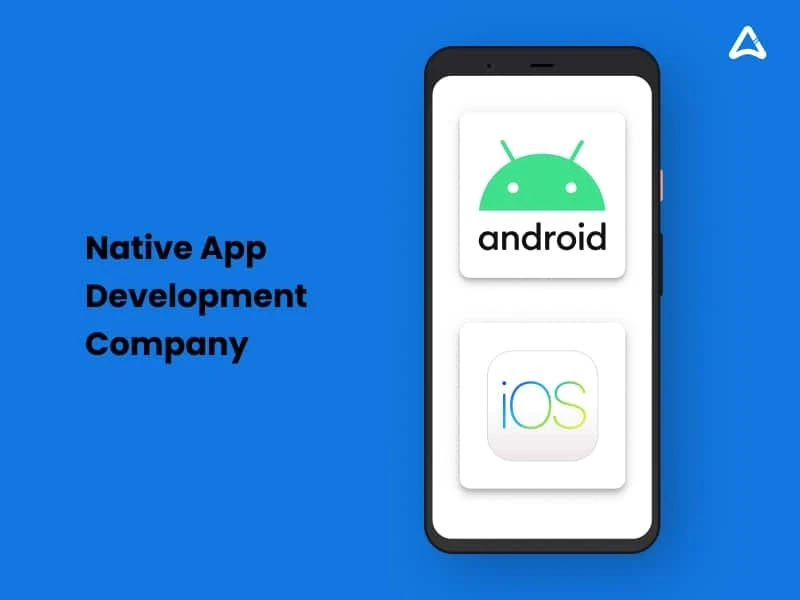Native App Development is an approach that has received support from industry titans such as Facebook, Twitter, and LinkedIn, among others. Native Application Development is a reliable match for mobile apps because of its USPs, including a smooth user experience, increased performance, and a broader scope of integration with device functions.
What Exactly is Native Mobile Application Development?
Under the umbrella of native app development services, one can create applications for specialized mobile software platforms with which consumers can interact through dedicated online stores (like the Apple App Store and Google Play Store).
If you are looking forward to developing an iOS application, your developers will have to use the Objective-C or Swift programming languages in the development cycle. On the contrary, the development of Android applications needs the use of Kotlin or Java as a programming language.
App developers can use Apple and Google's development tools, UI components, and SDKs. Most businesses will invest in native mobile app development due to the numerous advantages over other types of apps, such as hybrids or web.
Because the software that is used for the purpose of mobile usage is becoming rapidly significant for global businesses, they are required to be informed about the pros and cons of multiple application development techniques.
Here are the top 5 primary benefits of developing native mobile apps for your business:
Hitech SecurityWhile most hybrid applications rely solely on one type of security, i.e., the system browser security, native apps are protected by multiple levels of an OS, making them difficult to breach and misuse.
They also don't require using any third-party systems, instead of relying on official APIs that have been rigorously tested across multiple system versions. Because official platform SDKs have been under development for so long, it's more likely that native apps will be able to address every emerging security issue.
Top-notch PerformanceNative applications have much more responsiveness, are faster, and even provide a better user experience than most web applications. Because these programmes are written in languages relevant to the platform's ecosystem, they are lightning-fast. These apps function quickly and smoothly because they have access to specific components and APIs tuned for different devices.
Interactive and intuitiveIn terms of user input and output, native mobile applications run efficiently. These programmes take on their devices' OS interfaces, giving them the appearance of being an integral component of the device. The best reason to use native mobile apps is the better user experience. Native applications are those that are explicitly created for a particular operating system.
The native platform adheres to rules and standards, allowing developers to quickly improve and align the user experience with the operating system. As a result, because each framework and platform has its UI standards, the application's smooth flow is more natural.
This enables the user to quickly understand how to use the programme, such as deleting an element.
Consistent UI and UXThe UI or UX of a native platform will be unified and well learned by users. The full, more extensive UI will be standard in native programmes on this platform. As a result, there will be a shorter learning curve, and users will be more familiar with your application's navigation. As a result of improved performance, your UI design and development pays off really well in the long run.
Capabilities without internet connectivityIf there is no connectivity, going native is the best option. Because their material has already been downloaded, planners, organizers, navigators, and even games can be used offline. HTML5 supports in-browser caching, but you still don't have as much flexibility as you would with a native app.
Wrapping Up
Although native mobile app development has a more significant upfront cost, doing it well the first time will save you a lot of time and money in the long run. From educational app development to social media apps, a qualified developer can develop all sorts of apps with a native base.
By offering a terrific user experience, improving performance, and utilizing device characteristics, you have the flexibility to provide your consumers with a broad array of tailor-made experiences.
When coupled, the benefits of a native mobile app will raise conversion rates and, as a response, customer retention. Contact AppStudio today for native app development and accelerate your business to new heights.
0


